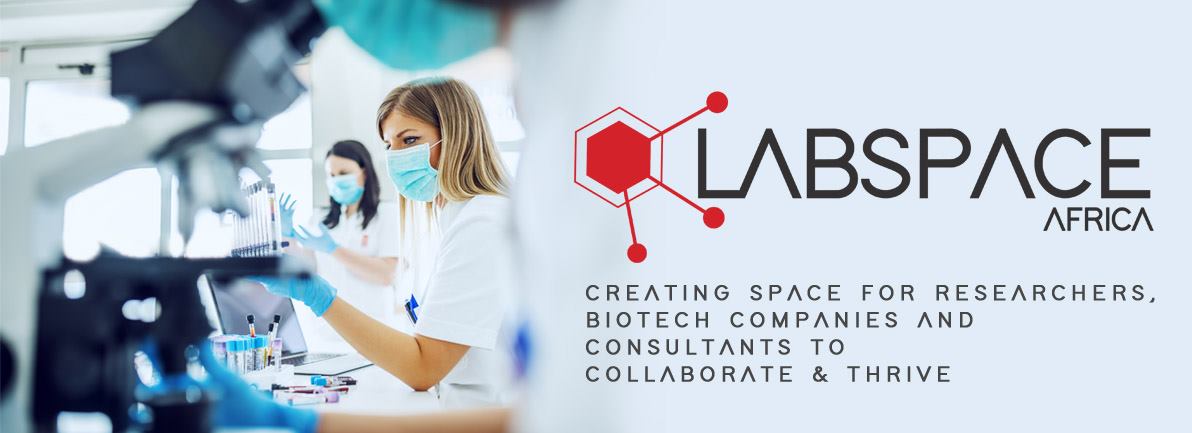Melamine in Milk
laboratory

EQUIPMENT
Private sector labs have to deal with high risk and cost-intensive equipment acquisitions. LabSPACE Africa is working with the top companies to offer analytical equipment. Equipment are available with the needed analytical support at our Midrand facilities, but equipment can also be put on lease at our client's facilities to complete a particular project, so that our partners does not end up being spent on equipment that are not used regularly or even only once. After the project is complete all equipment will be maintained and serviced by skilled personnel. Copies of maintenance records and other documentation will also be available.
Grant applications are currently in the process of being delayed projects due to academic institutions being in a position to not acquire costly equipment. LabSPACE Africa will make the process easier and give researchers the chance to consider the best choice for them, before they decide to purchase or make use of the equipment available at our facilities.
laboratory